What Does a Faulty Circuit, Tripped Circuit Breakers and Blown Fuses Indicate?
- Antech Electric

- Feb 12, 2025
- 8 min read
Updated: Jun 24, 2025

Electricity is a vital part of our daily lives, powering everything from lights to appliances. However, when things go awry, it often manifests as a tripped circuit breaker or a blown fuse. Some common signs of faulty circuits include frequent tripped breakers, blown fuses, or burning odors, which can indicate underlying problems.
There are multiple reasons why a circuit breaker may trip or a fuse may blow, so it's important to determine the underlying cause to address the issue effectively.
Understanding these occurrences can help you detect potential electrical issues early, but it's crucial to determine the specific cause of the problem to ensure electrical safety for your home or business.
Introduction to Electrical Issues
Electrical issues are a serious concern for any homeowner, as they can threaten both safety and property. At the heart of your home’s electrical safety is the circuit breaker. Circuit breakers are designed to protect your electrical system by automatically shutting off the flow of electricity when they detect an overload or a short circuit. This crucial function helps prevent electrical fires and other dangerous situations that can arise from faulty wiring or excessive electricity flow. However, circuit breakers themselves are not immune to problems. Over time, a bad circuit breaker can develop, leading to a range of electrical issues that compromise the safety of your home. Recognizing the signs of a failing breaker and understanding how to respond is essential for protecting your property and ensuring your electrical system remains safe and reliable.
Introduction to Electrical Issues
Electrical issues are a serious concern for any homeowner, as they can threaten both safety and property. At the heart of your home’s electrical safety is the circuit breaker. Circuit breakers are designed to protect your electrical system by automatically shutting off the flow of electricity when they detect an overload or a short circuit. This crucial function helps prevent electrical fires and other dangerous situations that can arise from faulty wiring or excessive electricity flow. However, circuit breakers themselves are not immune to problems. Over time, a bad circuit breaker can develop, leading to a range of electrical issues that compromise the safety of your home. Recognizing the signs of a failing breaker and understanding how to respond is essential for protecting your property and ensuring your electrical system remains safe and reliable.
Understanding the Basics: Fuses and Circuit Breakers
What Is a Fuse?
A fuse is a small device designed to protect an electrical circuit by detecting electrical faults, such as overloads or short circuits, that could cause damage. It contains a metal wire or filament that melts when detecting electrical faults like these, thereby breaking the circuit and stopping the flow of electricity.
What Does a Blown Fuse Look Like?
A blown fuse is easy to spot and is a clear sign of an electrical issue. The metal filament inside the fuse will be broken or melted, and sometimes the glass or plastic casing may appear darkened or smoky. This is a clear indicator that the fuse has done its job by breaking the circuit to prevent further damage.
What Is a Circuit Breaker?
A circuit breaker, like a fuse, is designed to protect an electrical circuit from damage due to overload or short circuit. However, instead of melting like a fuse, a circuit breaker trips, or automatically shuts off, when it detects a fault. When tripped, the breaker is often found in a neutral or middle position, which helps indicate that it needs to be reset. This makes it easy to reset and reuse once the issue has been resolved. If the breaker does not stay reset after being switched back on, it may indicate an underlying electrical problem that needs to be addressed.
Electrical Panel Inspection

Why Inspect Your Electrical Panel?
Regular inspection of your electrical panel is essential for maintaining the safety and reliability of your home’s electrical system. Over time, electrical panels can develop issues such as overloaded circuits, faulty breakers, or damaged wiring, all of which can increase the risk of electrical fires and other hazards. By having a professional electrician inspect your panel, you can identify potential problems before they lead to circuit breaker failure or power outages. Routine inspections help ensure that your breakers and circuits are operating correctly, reducing the risk of electrical hazards and keeping your system running smoothly. Investing in periodic electrical panel inspections is a proactive step toward protecting your home, your family, and your property from the dangers of electrical fires and system failures.
What to Look for During an Inspection
When a licensed electrician inspects your electrical panel, they look for a range of warning signs that could indicate trouble. This includes checking for loose wiring, corrosion, or visible damage to the panel, breakers, and circuits. The electrician will also look for signs of a bad circuit breaker, such as breakers that are hot to the touch, have a burning odor, or show signs of overheating. Overloaded circuits are another common issue, so the electrician will assess whether any circuits are carrying more electricity than they should. They’ll also check for proper grounding, ensure all breakers are functioning as intended, and look for environmental factors like water damage or pest activity that could compromise the system. By identifying these issues early, the electrician can recommend necessary repairs or upgrades to keep your electrical panel safe and efficient.
Safety Precautions When Inspecting
Safety is paramount when inspecting an electrical panel. Before any inspection begins, the main power supply should be shut off to eliminate the risk of electrical shock or fire. A professional electrician will always use personal protective equipment, such as insulated gloves and safety glasses, and rely on specialized tools to avoid direct contact with live components. The inspection area should be clear of flammable materials and well-ventilated to further reduce risk. If you notice frequent breaker trips, a burning smell, or suspect you have a bad circuit breaker, it’s crucial to contact a professional electrician immediately. Attempting repairs or inspections without proper training can lead to serious injuries or electrical fires. By following strict safety protocols and relying on expert help, you can ensure your electrical panel is inspected and maintained without putting yourself or your home at risk.
Identifying a Bad Circuit Breaker
Spotting a bad circuit breaker early can make all the difference in preventing electrical fires and maintaining a safe home. One of the most common signs of a faulty breaker is frequent tripping—if your circuit breaker trips often, even after you reset it, this could point to an overloaded circuit, a short circuit, or the breaker itself failing. Visible damage, such as burn marks, rust, or corrosion on the breaker or inside the breaker box, is another red flag. Pay close attention to any burning odor or unusual smells coming from your electrical panel, as these can signal overheating or internal damage. If the breaker fails to stay in the reset position or trips immediately after being reset, it’s likely that the circuit breaker is bad and needs to be replaced. Other warning signs include buzzing sounds coming from the breaker box or the breaker feeling hot to the touch. If you notice any of these issues, it’s important to contact a professional electrician right away. Prompt action can help prevent electrical fires and ensure your home’s electrical system continues to operate safely and efficiently.
What Causes Circuit Breakers to Trip and Fuses to Blow?
Overloaded Circuits
One common cause of tripped circuit breakers and blown fuses is an overloaded circuit, often caused by plugging in too many electrical appliances. This happens when too many devices or appliances are plugged into a single circuit, causing it to draw more current than it can safely handle.
Short Circuits
A short circuit occurs when a hot wire comes into contact with a neutral wire, causing a surge of electricity. This sudden increase in current can cause a fuse to blow or a breaker to trip.
Ground Faults
A ground fault occurs when a hot wire comes into contact with a ground wire or a metal wall box. Like a short circuit, this can cause a sudden surge of electricity, resulting in a tripped breaker or blown fuse.
Ground faults can compromise the safety of your home's electrical system, so it's important to address them promptly.
Circuit Breaker vs. Fuse: Which Is Better?

Advantages of Circuit Breakers
Ease of Use: Circuit breakers are easy to reset. Once the issue is fixed, you simply flip the switch back on.
Reusability: Unlike fuses, which must be replaced after they blow, circuit breakers can be reused multiple times.
Safety Features: Modern circuit breakers often include additional safety features like ground fault circuit interrupters (GFCIs) and arc fault circuit interrupters (AFCIs).
Power Distribution: Circuit breakers help manage power distribution across other circuits in the home, preventing overloads and ensuring electrical safety.
Advantages of Fuses
Reliability: Fuses can be more reliable for preventing fires because they react quickly to overcurrent.
Cost: Fuses are generally cheaper than circuit breakers and are a simple solution for protecting small circuits.
When to Call an Electrician
While resetting a tripped breaker or replacing a blown fuse is something a homeowner can typically handle, there are times when it’s best to call a licensed electrical worker.
Electricians may use specialized tools, such as a multimeter, to test the voltage in your electrical system and determine if a circuit breaker is functioning properly.
Many electricians offer emergency services for urgent electrical issues that require immediate attention.
Professional electricians provide a range of electrical services, including repairs, safety inspections, and system upgrades to ensure your home’s electrical system is safe and efficient.
Frequent Tripping or Blowing
If you find that your circuit breaker frequently trips or your fuses blow often—if your circuit breaker trips frequently—it may indicate a more serious underlying issue with your electrical system. A failing breaker may be the cause of frequent trips, as it can no longer function properly due to wear or internal malfunction. This could be due to faulty wiring, an overloaded circuit, or even a malfunctioning breaker or fuse box.
Burning Smells or Sparks
If you ever notice a burning smell, see sparks, or hear buzzing sounds coming from your breaker box or fuse box, it’s crucial to call an electrician immediately. These are signs of a potentially dangerous electrical problem that could lead to an electrical fire and need to be addressed by a professional.
Upgrading Electrical Systems
If you’re considering upgrading your electrical system, such as replacing your fuse box with a breaker box, an electrician can ensure that the work is done safely and in accordance with local electrical codes.
Some electricians also offer plumbing services as part of comprehensive home upgrades, providing a convenient solution for multiple home maintenance needs.
Conclusion
Understanding the difference between tripped circuit breakers and blown fuses, and knowing what they indicate, is essential for maintaining a safe electrical system. A bad breaker or faulty breaker can cause serious electrical issues and should be addressed promptly to prevent hazards. You can tell if a circuit breaker is bad by looking for other signs such as frequent tripping, visible damage, overheating, or failure to reset. If an appliance is not working, try plugging it into a different circuit to help diagnose whether the issue is with the appliance or the breaker. By recognizing these signs of electrical issues and knowing when to call an electrician, you can prevent potential hazards and ensure that your electrical supply remains reliable.
Circuit breakers and fuses both serve the critical function of protecting your electrical wiring from damage. Whether you prefer the reusability of circuit breakers or the reliability of fuses, ensuring that your electrical system is properly maintained is key to a safe and functional home or business.

%20(2220%20x%201920%20px).png)
%20(1).png)

Comments